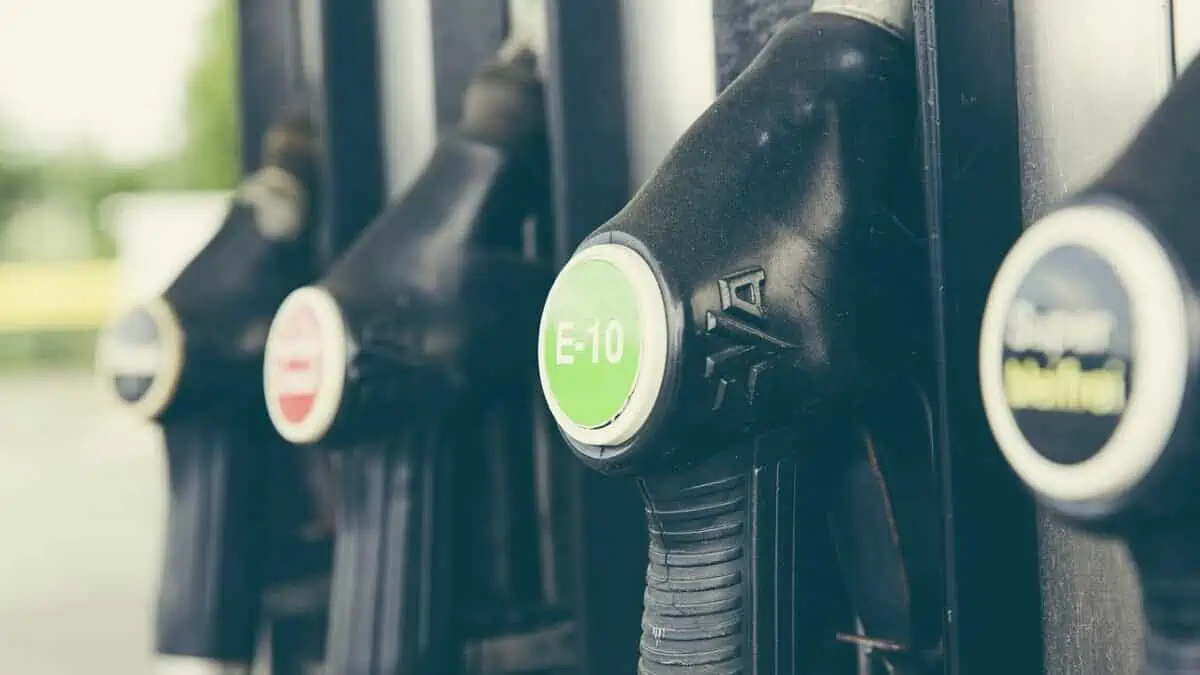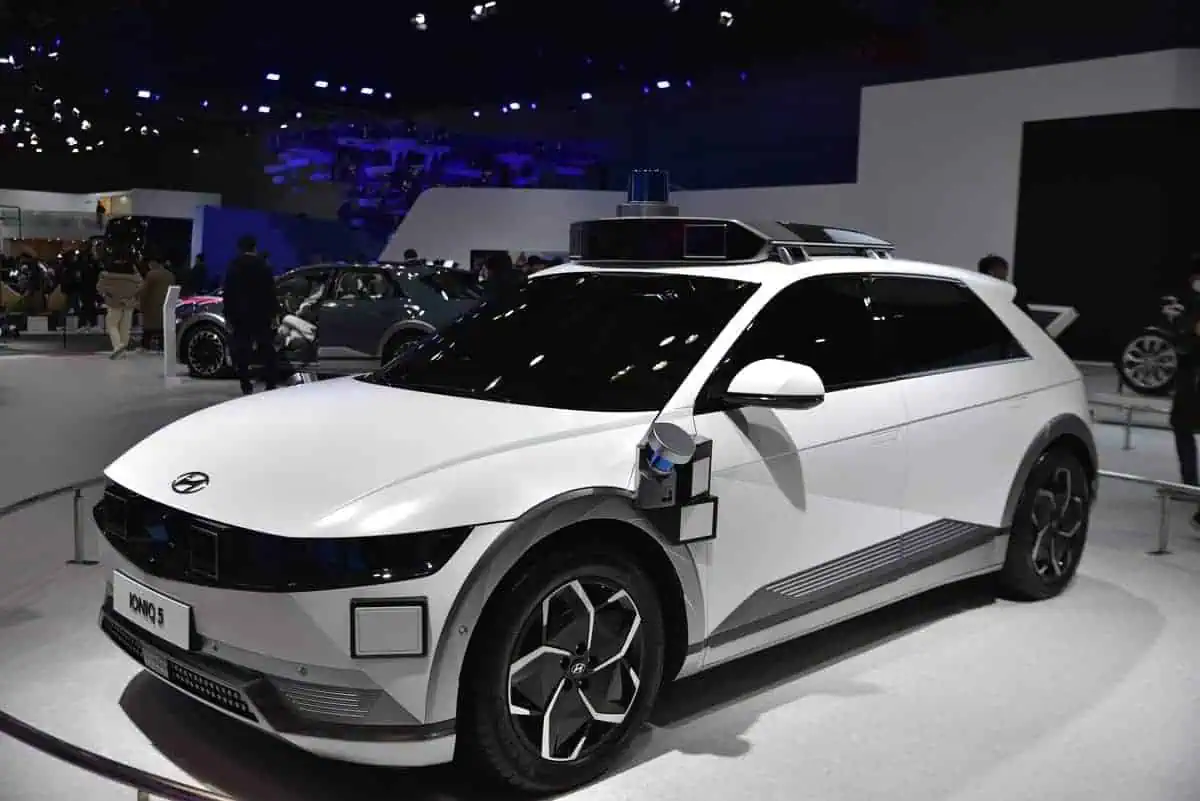The Australian electric vehicle industry gained overwhelming support from nearly 1,200 people and organizations following the federal government’s release of submissions to its fuel-efficiency standard public consultation on Friday.
However, the deliberations may take longer as major entities, including the auto industry, environmental associations, and the government, dispute specific policy details, like inclusions and speed of change implementations.
In hindsight, Federal Energy Minister Chris Bowen and Transport Minister Catherine King initiated a six-week-long public consultation on the proposed policies in April. The move occurred after the government published the National Electric Vehicle Strategy.
“The exact form of a fuel-efficiency standard needs to consider the model cycle time-frames to bring more fuel-efficient vehicles into Australia and the level of financial and non-financial support from the government. Across the world, this partnership of industry and government has been crucial to the development of low-emission vehicles.”
Tony Weber, Federal Chamber of Automotive Industries CEO
What is a fuel-efficiency standard?
A fuel-efficiency standard serves as the guide for the government and the industry in developing, producing, and promoting fuel-efficient vehicle models. It establishes a pollution limit for all automakers’ vehicle portfolios to ensure they only offer low-emission vehicles in a country.
Unfortunately, Australia is among the few emerging industries to lag in developing such policies.
Finally, the public consultation for the proposals gained support from almost 1,200 respondents.
“The response to our FES consultation reinforces overwhelming support for the government’s position: Australia needs fuel-efficiency standards that make us competitive with other parts of the world for cleaner, cheaper-to-run cars.”
Federal Energy Minister Chris Bowen
Some of the proposal’s supporters include the Climate Council and ride-hailing company Uber. Australian General Manager also noted that the country may lag “environmentally and economically” if it fails to impose the necessary policies to cut C02 emissions in the transport industry.
However, the country is still negotiating particular policy details, including the allowable pollution rates and deadline. EV advocates now call for the government to aggressively move and disregard opponents’ claims of loopholes.
“We urge the federal government not to be distracted or delayed by any push from the petrol lobbyists to include so-called ‘multiplier credits’ in a fuel-efficiency scheme. In a climate crisis, we don’t have any time for dodgy accounting tricks or double-dipping.”
Joe Rafalowicz, Greenpeace Australia Pacific campaigner
See Also:
- Australia’s “outdated” regulations impede its electrification efforts, EVC report suggests
- Australia: H1 2023 EV sales already exceeded FY 2022 records
- Australian mainstream news featured EV’s 385% growth YoY
- South Australia initiates bi-directional EV charging pilot program
- EV technology to reduce Australian customers’ electricity bills
Australia aims to release a final draft of the fuel-efficiency standard by the end of 2023. Hopefully, the imminent introduction of such a policy would boost the country’s electric vehicle uptake. It will also encourage more global automakers to penetrate the country.






